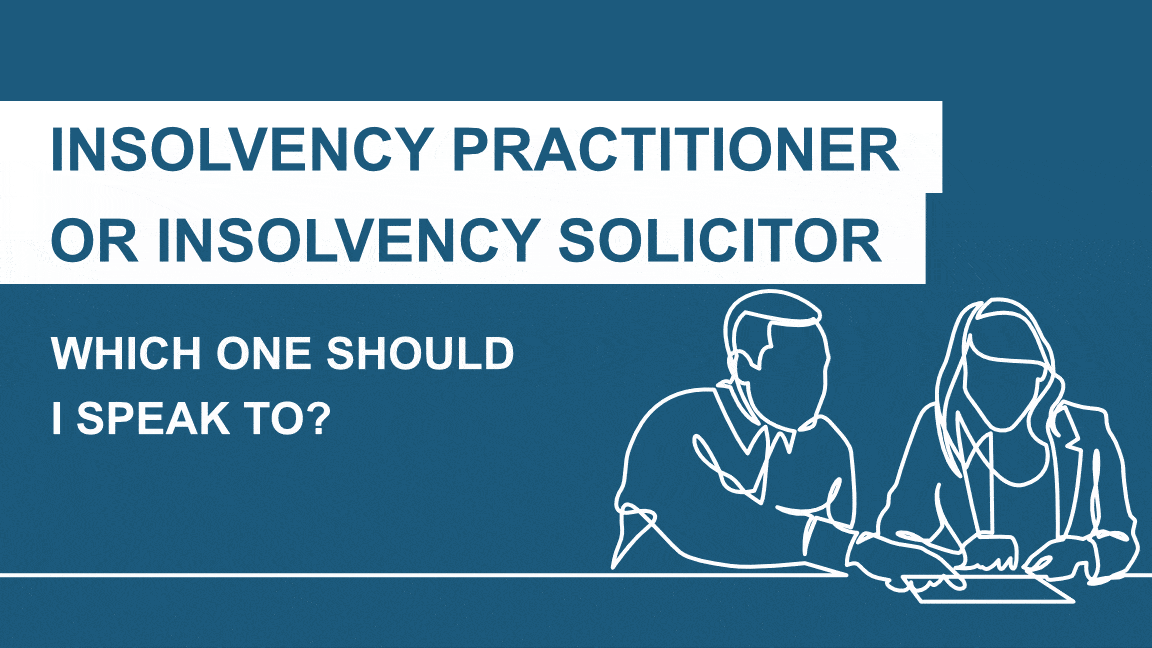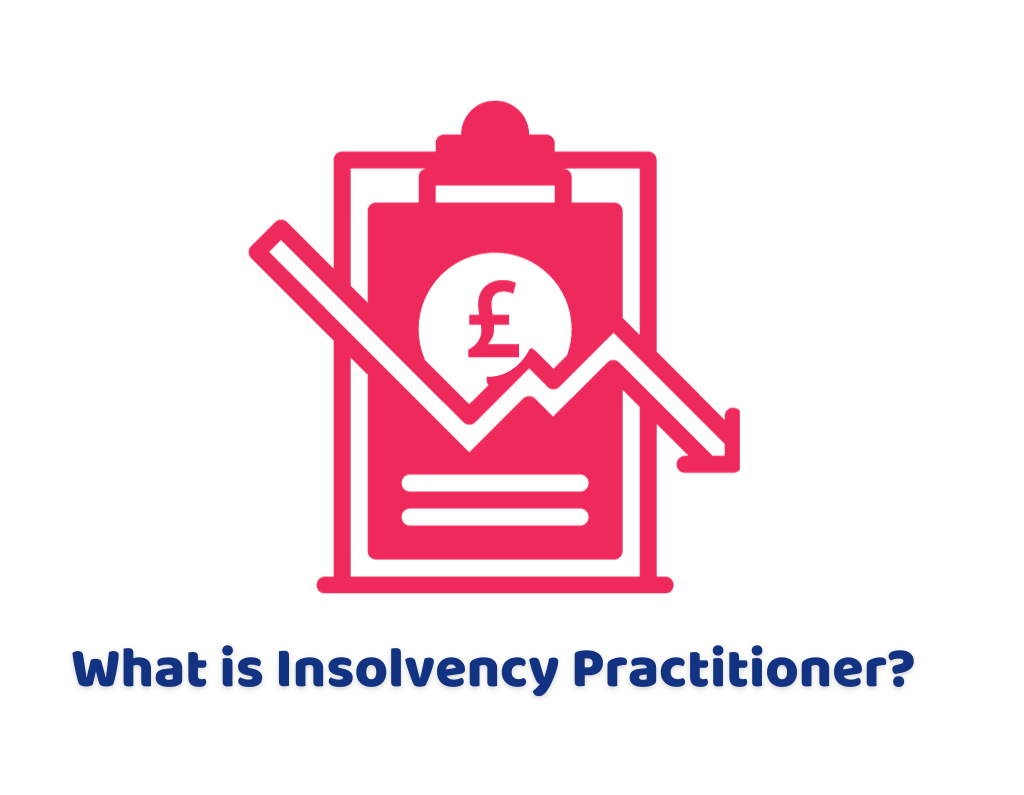Excitement About Insolvency Practitioner
Table of ContentsSome Known Factual Statements About Insolvency Practitioner Our Insolvency Practitioner PDFsInsolvency Practitioner Can Be Fun For EveryoneOur Insolvency Practitioner DiariesLittle Known Questions About Insolvency Practitioner.
Whether or not you require to utilize an insolvency practitioner (IP) to liquidate your company depends upon numerous elements. While engaging a bankruptcy expert for all forms of liquidation is not a legal need, doing so can often streamline the procedure and guarantee compliance with legal demands. Liquidating a company is a critical decision that comes with considerable repercussions.
It is a treatment utilized when a business does not have any type of lenders, or every one of their creditors can be repaid in full with statutory rate of interest. Recognizing the different kinds of bankruptcy processes can aid you identify the very best strategy for your business's liquidation or other formal insolvency treatments itself.
This is required in order to comply with legal needs - Insolvency Practitioner. This is due to the fact that IPs have the necessary qualifications and experience to make sure that the liquidation procedure is performed based on all relevant laws and policies. By engaging a qualified bankruptcy expert, you can have peace of mind recognizing that your business's liquidation process will certainly be managed properly and in compliance with the relevant lawful requirements
All About Insolvency Practitioner
The bankruptcy practitioner is appointed as a liquidator and is in charge of handling the business and liquidator's financial obligations superior liabilities and possessions. This process involves selling the firm's properties and dispersing the earnings to creditors. Upon conclusion of the process, the firm is removed from the register at Firms Residence.
Failing to do so can result in personal responsibility for the business or director for the creditor's financial debts. Voluntary liquidation, which includes Creditors' Volunteer Liquidation (CVL) and Members' Voluntary Liquidation (MVL), is started by the firm's supervisors and investors when they can no more pay their debts. In a CVL, the bankruptcy practitioner is designated as the liquidator, liable for taking care of company financial obligations and all company assets.

Insolvency Practitioner for Beginners
By assessing the knowledge and experience of potential bankruptcy experts, you can guarantee that you choose a professional that possesses the required qualifications to handle your firm's liquidation procedure properly. While bankruptcy practitioner-led liquidation is typically the most appropriate strategy for business dealing with bankruptcy, there are alternate methods to think about, such as striking off and partial liquidation.
It's vital to examine all available choices before picking the following finest option or strategy for your company. Striking off companies' registers is an extra uncomplicated and economical method to close dormant or small business without any financial debts or possessions. To strike off a firm, its name is eliminated from the Companies Home register by sending type DS01.
Prior to choosing for striking off, it's essential to weigh the benefits and drawbacks of this strategy and take into consideration whether it's the right selection for your organization. Partial liquidation is one more choice to insolvency practitioner-led liquidation, wherein a company sells off particular assets and liabilities while proceeding to run with the remaining assets and liabilities.
A Bankruptcy Professional will certainly be able to suggest you find more of the most effective strategy to take and make sure that everything runs smoothly. It is not feasible to sell off a company without a liquidator. Assigning an authorised insolvency practitioner is necessary for the process of volunteer liquidation to begin.
Get This Report on Insolvency Practitioner
It is possible to close and liquidate your company without using a liquidator, supplied your business is solvent and you satisfy the eligibility this page needs to liquify or liquidate it. Nonetheless, if your company is insolvent, you might be called for to use a liquidator and start official bankruptcy procedures. Here are a few other helpful short articles regarding firm liquidation in the UK:.
Remaining in a position where you're unable to pay your business's creditors is extremely stressful. In an effort to avoid enhancing the level of financial obligation, many companies try to discuss straight with their financial institutions and agree to an informal plan. If the financial obligation is quite little and owed to one lender, and the creditor is being cooperative, becoming part of an informal financial obligation plan is most likely the ideal remedy, as opposed to looking the internet for 'an insolvency specialist near me'.
On the other hand, if there are numerous creditors and the degree of debt is big, financial institutions might not be so eager or cooperative. In order to avoid liquidation or personal bankruptcy, it is better to work with a bankruptcy practitioner to prepare formal propositions and discuss with lenders in your place.
Insolvency Practitioner Fundamentals Explained
Whilst it is a method to take care of debt, there are significant risks included with this kind of financial debt plan - Insolvency Practitioner. If a creditor wants to participate in a casual setup (IA) whereby the debtor has actually consented to make normal, if lower, settlements to repay the financial obligation, it is essential to stay with the arrangement

The financial institution is within their rights to back out of the arrangement and request the courts for your firm to be liquidated at any time. A formal plan that has actually been proposed by an insolvency professional in your place, and agreed by a lender, offers a much more secure choice.